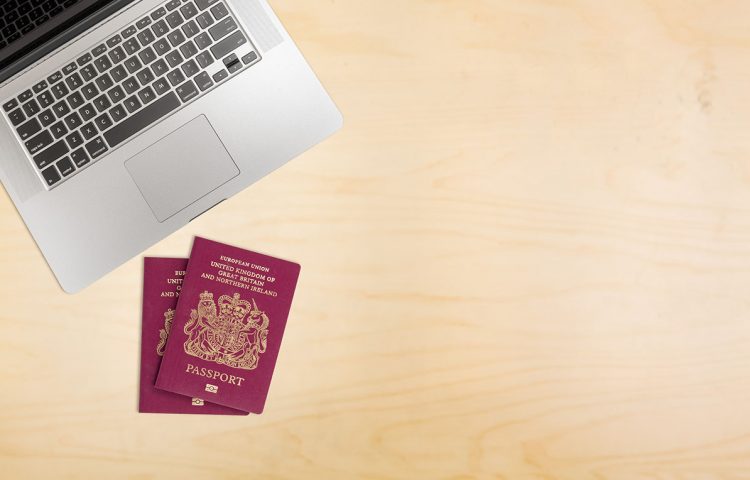
All Employers are obliged to carry out a ‘Right to Work’ check, under the Immigration, Asylum and Nationality Act 2006 (IANA 2006) to determine whether a prospective employee is eligible to work in the UK and not disqualified from working due to their immigration status. Employers, therefore, have a legal duty to prevent illegal working by conducting ‘Right to Work Checks’ before employing any employee and carrying out checks on existing employees if needed. Once a check is conducted the employer has ‘established a statutory excuse’ preventing their liability for a civil penalty.
Manual Checks and the Online Service
The Three-Step Right to Work Check – Obtain, Check, Copy.
To obtain a statutory excuse, employers must undertake a three-check process:
1) Obtain one of the prescribed original documents as per the Home Office Guidance;
2) Check, in the presence of the document holder, the document relates to the individual, are original, unaltered and valid;
3) Copy the documents and record the date of the check and any dates for follow up check, if necessary, and retain the copy.
All copies of documents must be retained for the duration of the individual’s employment and for a further two years after the employment has ceased.
As the IANA 2006 came into force on 29 February 2008, the civil penalty is only imposed from this point on and cannot be applied retrospectively. Therefore, there are no penalties for checks not undertaken before this date, however, it is good practice to conduct ‘Right to Work’ checks on all employees, regardless of their start date.
Covid-19 Adjusted Checks.
Temporary changes were implemented by the Government as a result of the Coronavirus Pandemic. Initially, the changes were implemented from 30 March 2020 to make the checks easier for employers where staff were working remotely. To avoid discrimination claims, employers should carry out appropriate checks on all prospective employees.
The changes mean that ‘temporary checks’ have the adjustments below:
1) Checks can be carried out remotely via video calls;
2) Job applicants and existing workers can send scanned documents or a photo of documents for checks using email or a mobile app, rather than sending originals;
3) Employers should use the Home Office Employer Checking Service if a prospective or existing employee cannot provide the accepted documents.
These amendments are currently in place until 5 April 2022, with updated guidance issued on 6th April 2022.
The Criminal Penalty
It is a criminal offence if an employer knew or had “reasonable cause to believe” that the employee did not have the appropriate immigration status. The penalties include up to 2 years in prison and an unlimited fine.
The Civil Penalty
The IANA 2006 dictates that the Secretary of State can issue an employer a notice of liability to pay a civil penalty. The notices are given to employers who employ anyone subject to immigration control, 16 or over, and not entitled to work in the UK.
Currently, the maximum civil penalty for each individual found to be working illegally is £20,000 and all penalties are registered with the Civil Court
For more information or advice on Employment Law, please contact the Hibberts employment law team.